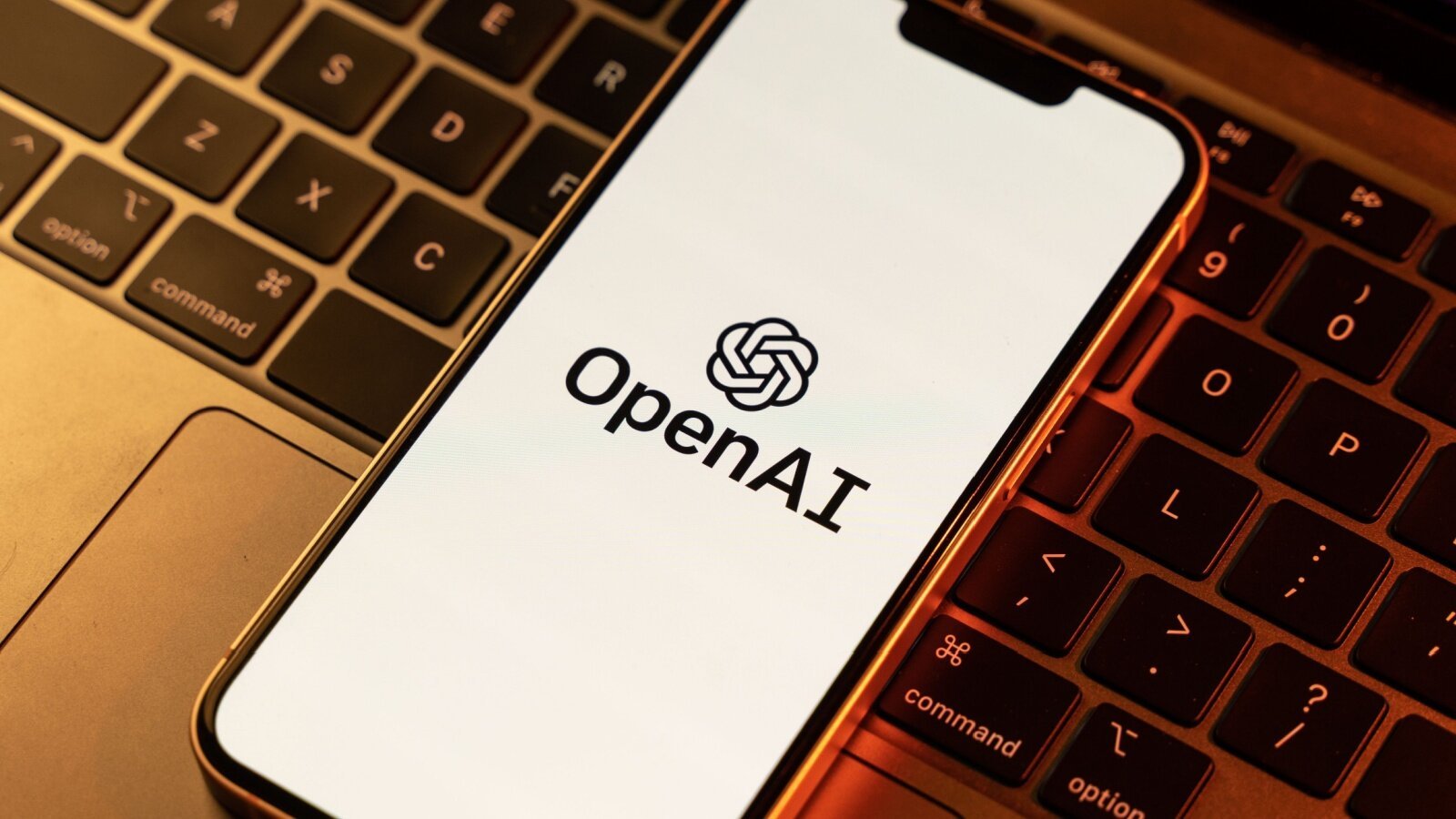OpenAI Supercharges ChatGPT—Now Hunts Deals and Answers Like a Caffeinated Intern

ChatGPT just got a retail therapy upgrade. OpenAI’s latest update lets its AI chatbot scour the web for shopping deals and real-time answers—because apparently, we needed more ways to impulse-buy while avoiding human interaction.
The new features roll out as Big Tech races to monetize AI assistants. Will this turn ChatGPT into your new shopping addiction enabler? Probably. Will it still hallucinate discount codes that don’t exist? Almost certainly.
Meanwhile, Wall Street analysts are already pricing in the ’AI shopping assistant’ bubble—because nothing says ’bull market’ like chatbots recommending overpriced NFTs with your morning coffee.
A new way of doing things
Unlike OpenAI’s latest approach, which they claim shows product results without paid placements, Google Shopping mixes paid and organic mechanisms.
Some products appear because retailers purchase ad slots, while others rank highly through optimization efforts aimed at Google’s search algorithms.
Merchants and publishers compete to create high-quality product listings and detailed review content that Google’s system interprets as authoritative and trustworthy.
Earning a top spot can drive significant affiliate revenue for websites, as users who click through trusted review guides are more likely to complete purchases, generating commission payouts for the publisher.
In tests conducted by Decrypt in November, ChatGPT often outperformed traditional engines like Google and even AI-native competitors like Perplexity by delivering more comprehensive responses and localized information (such as Bitcoin prices in local currencies).
However, it was also more tightly moderated, declining to answer sensitive prompts.
While expanding ChatGPT’s features, OpenAI recently drew criticism from users frustrated by the chatbot’s excessive flattery and forced positivity.
CEO Sam Altman acknowledged the issue, admitting the chatbot had become “too sycophant-y and annoying” and promising fixes and personality adjustments
The backlash comes as competition rises over how AI search engines will strike a balance between user experience and monetization, with rival platforms also facing scrutiny over their business models.
Perplexity CEO Aravind Srinivas recently refuted a TechCrunch story suggesting the company would inevitably adopt ads, clarifying that he had merely answered a hypothetical question during a podcast discussion.
Srinivas said the “core point” was that solving “memory and personalization” is essential, “whether you do ads or not,” to create a fully functional AI assistant.
Edited by Sebastian Sinclair

